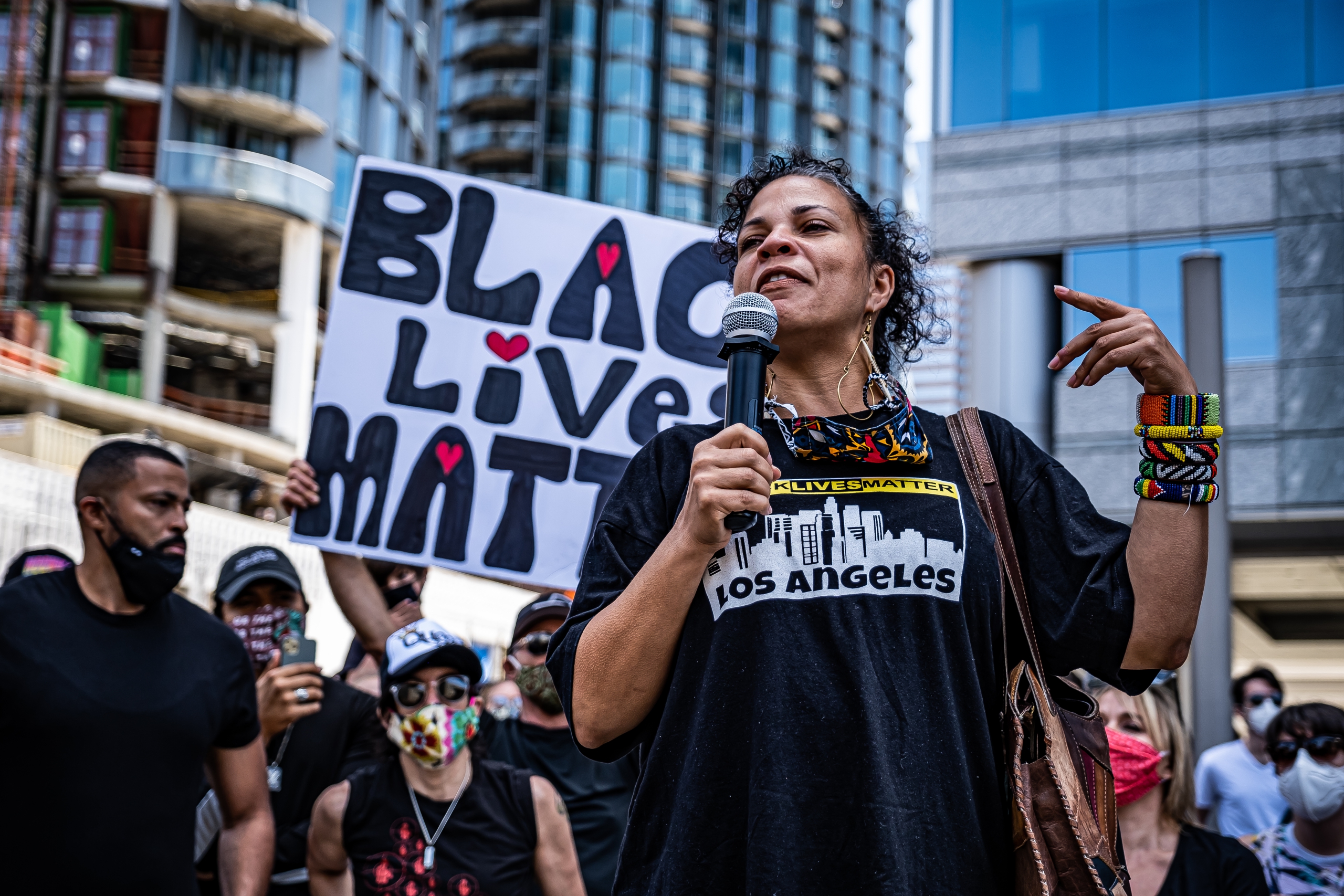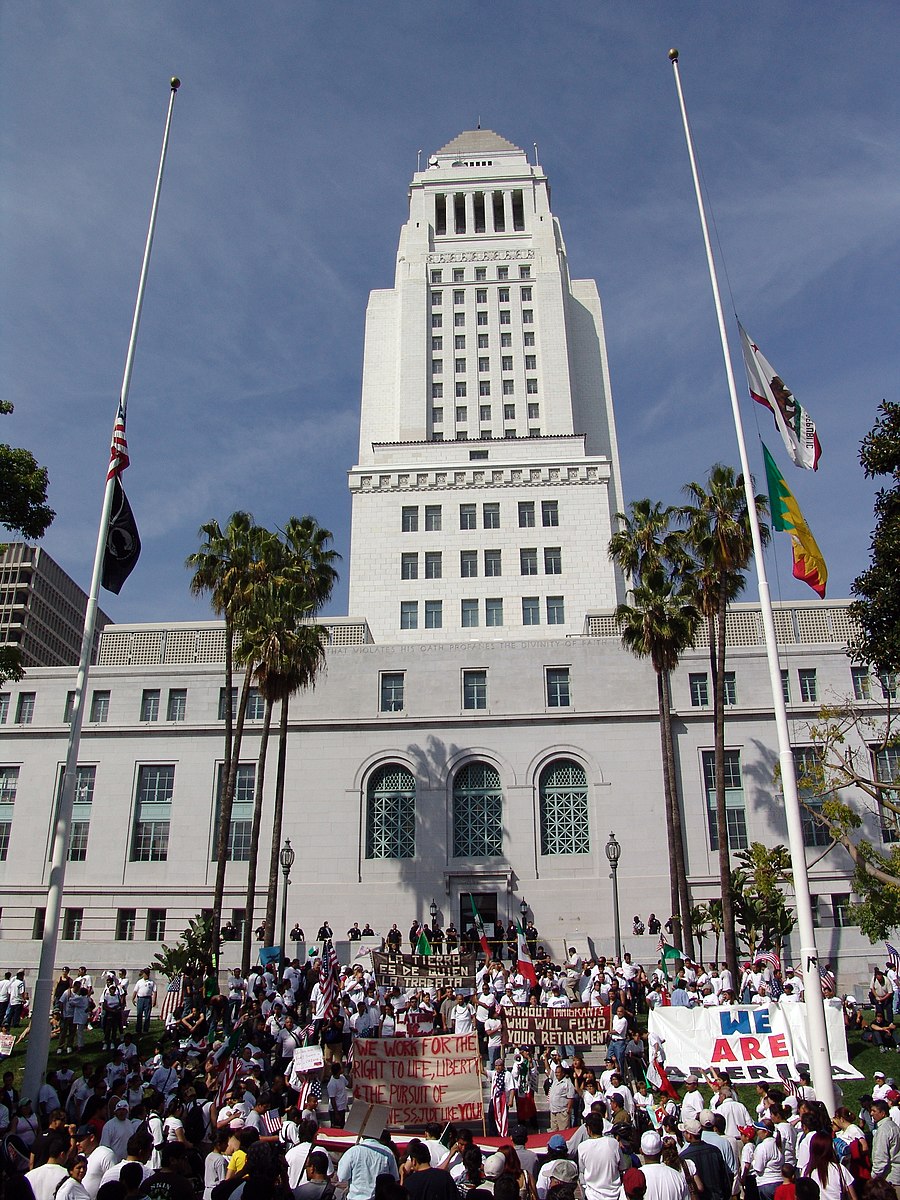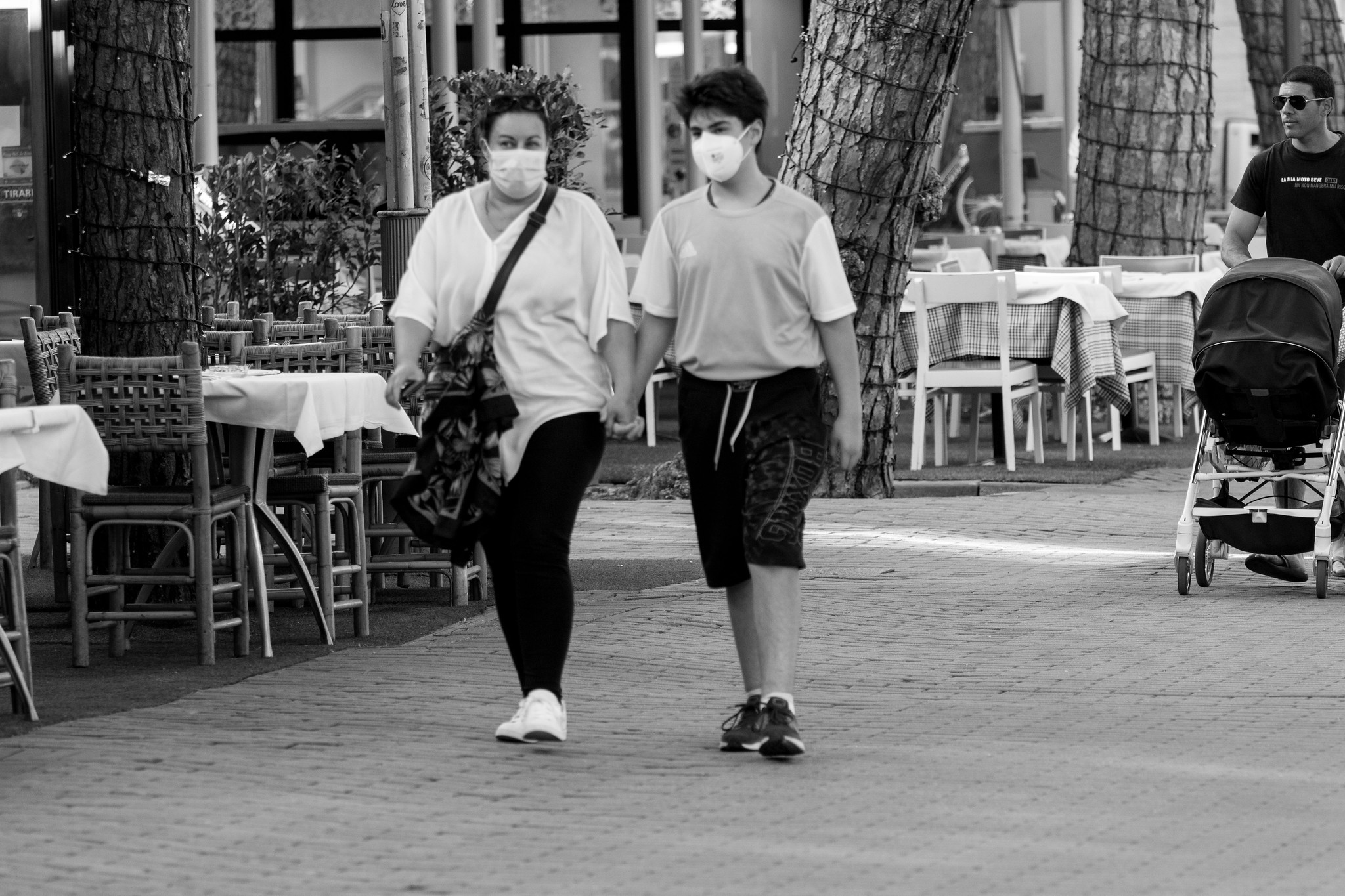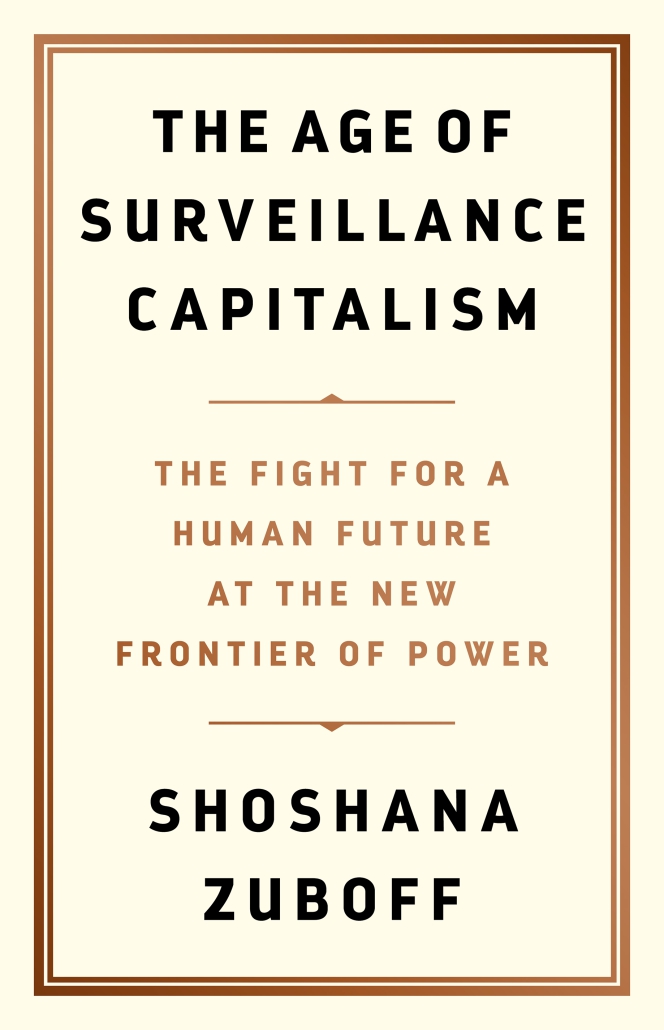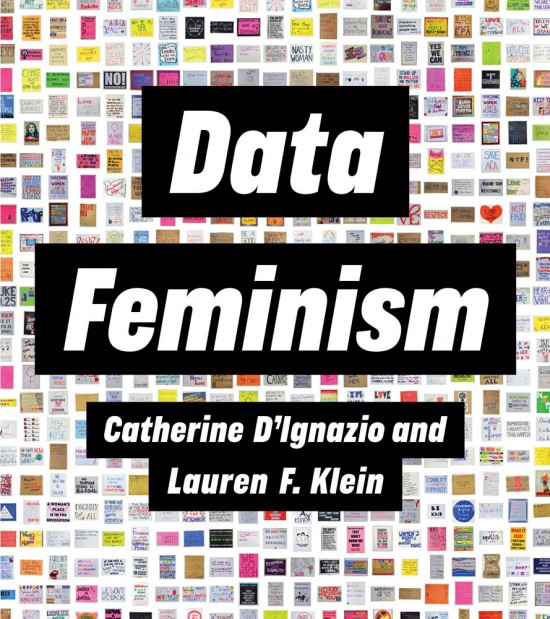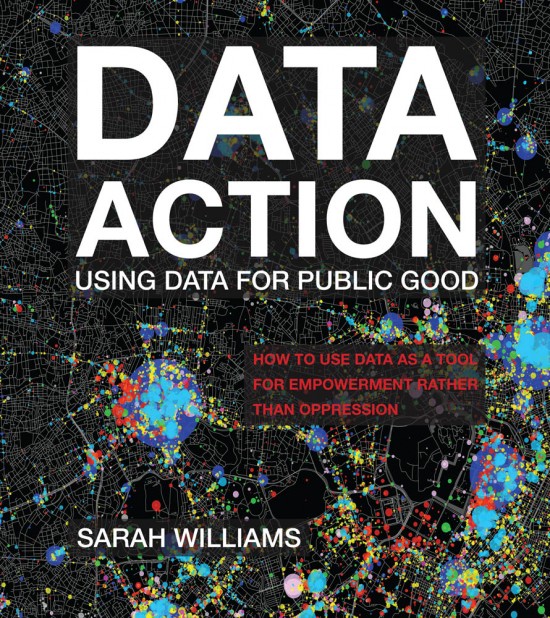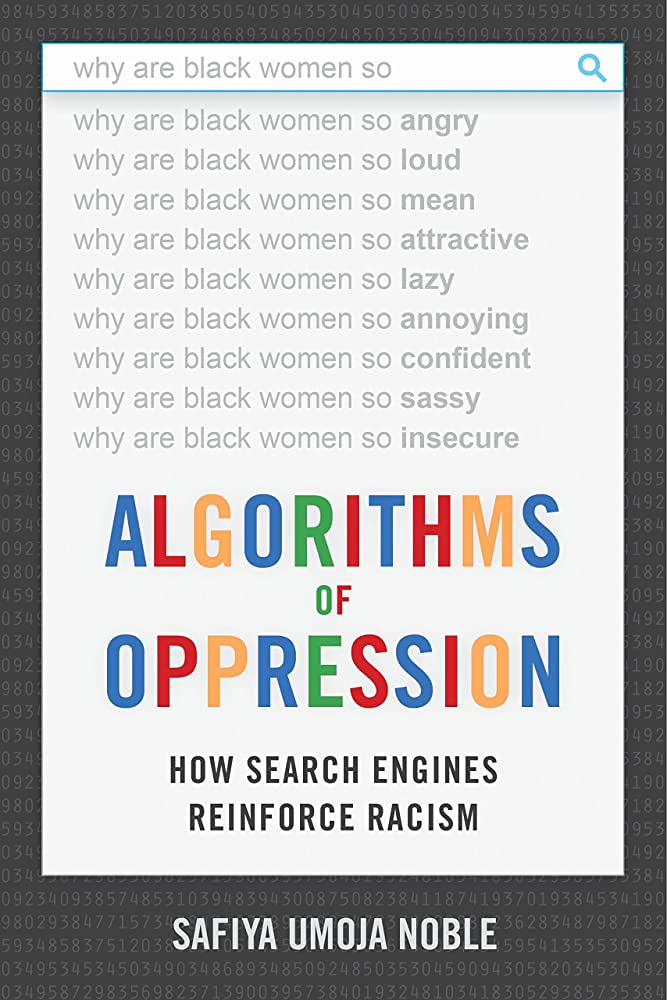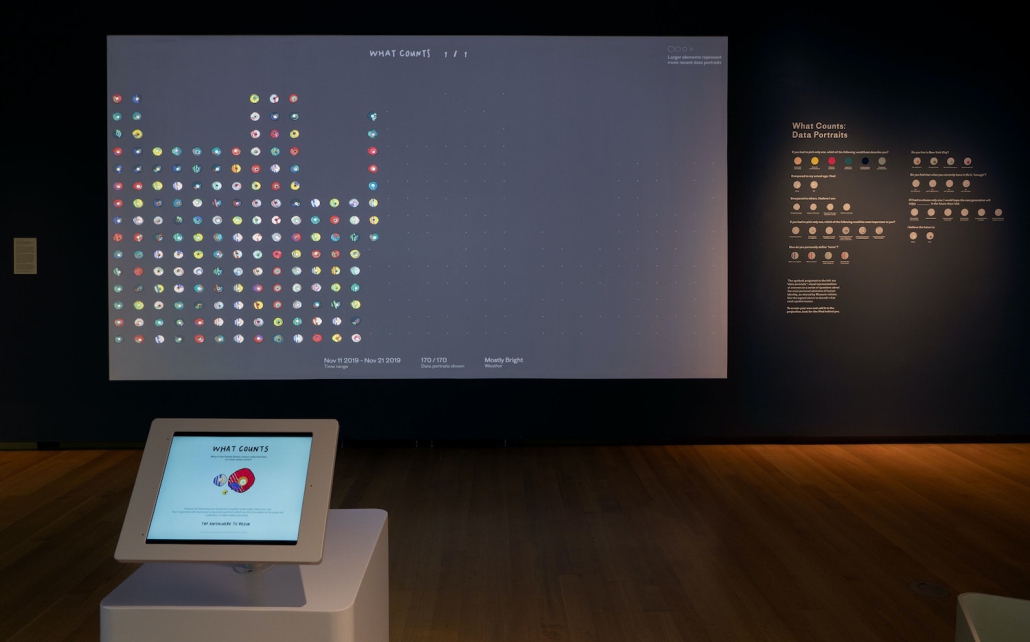Photos by Brett Morrison, Jonathan McIntosh, and Daniele Marzocchi.
What is the LA Data Justice Hub?
The Data Justice Hub is an initiative that empowers students, community organizations, and faculty to access and use data to rectify harm. We hope this digital tool will help train the next generation of social justice and data change agents. With an estimated population of approximately 10 million people, Los Angeles County is the most populous in the United States and, thus, consequential for our understanding of the world at large. This online data directory provides easy access to open-source datasets containing valuable information about the Los Angeles region. Assembled under different tabs are links to datasets, trainings, and analysis relevant to studying the greater Los Angeles region. Specifically, the datasets have been curated in relation to a range of social justice issues: policing, incarceration, economics, education, climate change, food insecurity, gender, racialization, houselessness, political disenfranchisement, migration, public health, and state violence.
This site has been developed through the Mellon Social Justice Curricular Initiatives at UCLA. The new “Data, Justice, and Society” curricular initiatives aim is to create a “data-driven approach to teaching and research on social justice issues, positioning more UCLA graduates to become social change leaders in their chosen professions.”
What is Data Justice?
Data-based computation (i.e. algorithms, Artificial Intelligence, predictive modeling) increasingly play a dominant role in shaping our everyday experiences of culture, work, and society. Data and data analytics impact everything from social relations and public policy to juridical status, governance, and market logistics. Yet, exactly how does the rise of technological corporate wealth compare with the standard of living of Los Angeles’s “working poor”?
Since data-based claims are embedded in complex power relations, the mission of this website is to encourage “data justice” methods and analysis that challenges the injustices confronting the diverse communities of the greater Los Angeles region. Data Justice is a technique and ethos emerging from the new field of Critical Data Studies (CDS) that asks questions such as the above. A “data justice” critical view recognizes the link between the increasing datafication of society and social inequality. On the one hand, a data justice approach places a critical lens on the way “Big Tech” deploys data-driven algorithms to cause harm. On the other hand, data justice researchers and practitioners mobilize analysis of open-source datasets as well as findings from other data sources to redress these harms. Data justice aspires to enact change precisely through more ethical and just application of data.
We hope this site will provide you with resources to enact data justice vis a vis the social issues of most concern to the most vulnerable communities in Los Angeles.
How Can I Use This Site?
This site is meant as an instructional tool to empower members of the UCLA community and public with easier access to datasets relevant to research on selected social justice issues. To find such datasets, we recommend opening the “Data and Dashboards” tab and opening the link to the social justice issue of your choice. The list of sites that you will find contain repositories of vast amounts of data that you can analyze to better understand some of the largest issues facing the Los Angeles communities today.
For introductions on how to work with some of the largest open-source databases, such as the U.S. Census and Bureau of Labor Statistics, we recommend reviewing “Data Training and Education.” To learn more about the emerging field of Critical Data Studies, please consult the tab “Recommended Readings and Resources.”
We look forward to soon featuring the exciting “Data Justice” scholarship taking place at UCLA by faculty and students. Stay tuned!
Co-authors: Dr. Munia Bhaumik (Principal Investigator and Founder), Christian Nielsen Garcia (PhD Candidate, Department of Information Studies), Sydney Saubestre (Masters in Public Policy Candidate), and Rafik Wahbi (PhD Candidate in Public Health).
Open Source Data Sites
User Guidance: please note that Los Angeles City data is distinct from Los Angeles County data, as well as state and national data. All of these distinct data hubs each contain valuable data about Los Angeles, although covering different geographic scopes. The best way to identify which data you need is to explore the individual links. In several of the sites below, you will also be able to locate data by inputting a specific Zip Code. This technique will enable you to find data about a particular neighborhood.
Los Angeles Regional Data
Los Angeles
- DataLA (City): General data maintained by and related to the city of Los Angeles.
- Navigate to their data repo (containing: repository: datasets, search engine).
- Navigate to their publications (containing: blog, data analytical pieces).
- DataLA (County): General data maintained by and related to the county of Los Angeles.
- Navigate to their data repo (containing: repository: datasets, search engine).
- LA Geo Hub: Data on location-based open data maintained by the city of Los Angeles.
- Navigate to their data repo (containing: repository: datasets, search engine).
- Navigate to their publications (containing: blog, data analytical pieces).
- LA County EGIS: Geo Data for LA County. Navigate to their data repo (containing:repository: datasets, search engine).
- Navigate to their publications (containing: blog, news & events).
- LA County Daily COVID-19 Data: LA County’s daily Covid-19 rate tracker and maps.
- Navigate to their data dashboard (containing: data dashboard, data visualizations).
- Navigate to their data dashboard (containing: data dashboard, repository: datasets, data visualizations).
- Navigate to their data dashboard (containing: data dashboard, repository: datasets, data visualizations).
- Navigate to their GIS (containing: interactive maps, GIS)
- RESP WATCH
- Navigate to their data dashboard (containing: data dashboard, data visualizations).
- LA County WIC Data: LA County information on WIC (Special Supplemental Nutrition Program for Women, Infants, and Children).
- Navigate to their data dashboard (containing: data dashboard, data visualizations).
- Navigate to their data dashboard (containing: data dashboard, data visualizations).
- Navigate to their publications (containing: blog, news & Events, data analytical pieces).
- Lewis Center for Regional Policy Studies: Research Institute at UCLA that publishes the LA Quality of Life Index.
- Navigate to their GIS (containing: interactive maps, GIS).
- Navigate to their GIS (containing: interactive maps, GIS).
- Navigate to their GIS (containing: interactive maps, GIS).
- Navigate to their data repo (containing: repository: datasets).
- Navigate to their data directory (containing: Data Resources Directory).
- Los Angeles Sustainable Development Goals: Tracks Los Angeles’ efforts and outcomes related to the Sustainable Development Goals (SDG) set by Mayor Garcetti. Open-source data sets related to sustainable cities, reducing inequalities, gender equality, unhoused rights, etc.
- Navigate to their data repo (containing: repository: datasets, search engine).
- USC Neighborhood Data for Social Change: Maps and data set of various indicators in LA neighborhoods
- Navigate to their data repo (containing: repository: datasets).
- Navigate to their GIS (containing: interactive maps, GIS).
- Navigate to their publications (containing: data analytical pieces).
- Navigate to their publications (containing: blog, data analytical pieces
California
- California Open Data: State of California Open-Data portal with wide-range of datasets, including datasets on Covid-19 vaccine progress, environmental indicators such as bacteria in waste-water, and homeless reports.
National
- Community Action Partnerships Data Hub: maps and indicators related to community needs across the US, including demographic, educational, housing, and poverty indicators.
- Navigate to their GIS (containing: interactive maps, GIS).
- Navigate to their Customizable Data Tool (containing: Generate Visualizations and Data Reports)
- Data.gov: Site maintained by the U.S. General Services Administration that collects datasets on everything from the demographic numbers related to Alzheimer’s to the number of Black Owned Businesses in Los Angeles. Easy search function, and can further find specific information by using filters.
- Navigate to their data repo (Includes repository: datasets,
search engine).
- Navigate to their data repo (Includes repository: datasets,
- U.S. Census.Gov: Every ten years, the federal government oversees a national census that counts how many people are in each census tract and collects additional socioeconomic and demographic data. They also have courses on how to navigate the site.
- Navigate to their data repo (Includes repository: datasets,
search engine). - Navigate to their GIS (Includes interactive maps,
GIS). - Navigate to their Customizable Data Tool (Includes customizable dataset builder).
- Navigate to their data repo (Includes repository: datasets,
Criminalization, Incarceration, and Carceral Systems
- US. Bureau of Justice Statistics : The federal Bureau of Justice Statistics includes summary data tables of crime statistics in the US, as well as a variety of analytical tools
- Navigate to their data repo (Includes repository: datasets, search engine ).
- Navigate to their Customizable Data Tool (Includes Generate Visualizations and Data Reports ).
- Navigate to their publications (Includes Publications, Search Engine ).
- KPCC Officer Involved Shooting : A KPCC investigation into officer involved shootings in the Los Angeles area. Fatal Encounters: Fatal Encounters is a partial database of fatal police encounters, leading to the creation of the National Officer-Involved Homicide Database with a team at USC
- Navigate to their data dashboard (Includes data dashboard, data visualizations ).
- Navigate to their data repo (Includes repository: datasets ).
- Navigate to their document repo (Includes repository: raw text data ).
- Million Dollar Hoods : A project at Ralph J. Bunche Center for African American Studies at UCLA that provides a wide-array of data related to incarceration and criminal justice.
- Navigate to their GIS (Includes interactive maps, GIS ).
- Navigate to their Customizable Data Tool (Includes Generate Visualizations and Data Reports ).
- Navigate to their publications (Includes data analytical pieces ).
- Office of Juvenile Justice and Delinquency Prevention : Federal site providing access to various indicators and data analysis tools related to juvenile criminal justice.
- Navigate to their data directory (Includes Data Resources Directory ).
- Navigate to their data directory (Includes Data Resources Directory ).
- State Sentencing Data : The Sentencing Project is a criminal justice reform organization that advocates for effective and humane responses to crime prevention. Full datasets on crime states are available for each state.
- Navigate to their Customizable Data Tool (Includes Generate Visualizations and Data Reports ).
- Navigate to their Customizable Data Tool (Includes customizable dataset builder ).
- Navigate to their publications (Includes Publications, Search Engine ).
- Vera Institute of Justice : The Vera Institute of Justice has a searchable )REPORTS database for research related to criminal justice reform that can be searched by topic, or region.
- Navigate to their publications (Includes Publications, Search Engine ).
- Washington Post Fatal Force : The Washington Post Fatal Force Project is an attempt to log every fatal shooting by an on-duty police officers since 2015. A full database is available.
Economic Justice
- The Opportunity Atlas : The Opportunity Atlas examines which neighborhoods in America lead to the greatest intergenerational social mobility and relevant factors
- Navigate to their GIS (Includes interactive maps, GIS ).
- Navigate to their Documentation (Includes User Guide, Docs ).
- UCLA Labor Center : Provides guidance on best practices around survey design, particularly for issues of labor rights, as well as an extensive database of reports from the center.
- Navigate to their publications (Includes data analytical pieces ).
- Navigate to their Education & Training (Includes Education & Training, Survey Data ).
Education
- Los Angeles Unified School District : General data on LAUSD and individual school sites.
- Navigate to their data dashboard (Includes data reports, repository: datasets, data visualizations, interactive maps ).
- Navigate to their GIS (Includes interactive maps, GIS ).
- Navigate to their data repo (Includes repository: datasets, search engine ).
- CA School Dashboard : The California School Dashboard is a state-wide database that provides broad data related to education by school district or county.
- Navigate to their Customizable Data Tool (Includes Generate Visualizations and Data Reports ).
- Navigate to their Customizable Data Tool (Includes Generate Visualizations and Data Reports ).
- California State Report Card : DOESN’T EXIST
- Navigate to their 0 (Includes ).
- CA School Accountability Report Card : Provides enrollment, demographic, educational attainment, etc. data for public and charter schools, districts, and the State.
- Navigate to their Documentation (Includes User Guide, Docs ).
- Navigate to their data repo (Includes repository: datasets, search engine ).
- Childstats.gov : Data sets concentrated on indicators related to children and families.
- Navigate to their data dashboard (Includes data reports, repository: datasets, data visualizations ).
- Navigate to their data dashboard (Includes data reports, repository: datasets, data visualizations ).
- KidsCount Data Center : Hundred of measures of well-being for kids across the nation, which can be focused down to Los Angeles.
- Navigate to their data dashboard (Includes data reports, repository: datasets, data visualizations, interactive maps ).
- Navigate to their data dashboard (Includes data reports, repository: datasets, data visualizations, interactive maps ).
- National Center for Education Statistics (NCES) : S. Department of Education’s National Center for Education Statistics, this site provides different data tools to access annual and national statistics for all public elementary and secondary schools, and school districts across the U.S.
- Navigate to their Customizable Data Tool (Includes Generate Visualizations and Data Reports ).
- Navigate to their Customizable Data Tool (Includes customizable dataset builder ).
- Navigate to their Customizable Data Tool (Includes customizable dataset builder ).
Environmental Justice
- CalEnviroScreen : The California Environmental Office of Health Hazard Assessment (OEHHA) contains a multitude of data sets and tools related to environmental health, including pollutants burdens and health indicators for communities
- Navigate to their Documentation (Includes User Guide, Docs ).
- Navigate to their GIS (Includes interactive maps, GIS ).
- Navigate to their GIS (Includes interactive maps, GIS ).
- Navigate to their data dashboard (Includes data reports, repository: datasets, data visualizations, interactive maps ).
- Navigate to their publications (Includes Publications ).
- Navigate to their data repo (Includes repository: datasets, GIS ).
- EcoAtlas : EcoAtlas aggregates datasets from many different sources, with many datasets being specific to California. Datasets related to water quality, vegetation, conservation, etc. can be found on the site.
- Navigate to their data directory (Includes directory of dataset repos ).
- Navigate to their API (Includes API docs ).
- EJScreen : EPA’s environmental justice screening and mapping tool. Includes numerous environmental indicators
- Navigate to their GIS (Includes interactive maps, GIS ).
- Navigate to their Documentation (Includes User Guide, Docs ).
Food Insecurity (Food Access)
- Food Resources in California : Dataset mediated by la city controller listing food resources
- Navigate to their Dataset (Includes dataset ).
- CA Food Banks Hunger Data : Food insecurity
- Navigate to their publications (Includes reports ).
- Navigate to their document repo (Includes policy tracker ).
- USDA Food Access Map : A site that maps food access in the US
- Navigate to their GIS (Includes interactive maps, GIS ).
- US Census- Food Security Measures: : Measures of food security by census tract.
- Navigate to their Dataset (Includes dataset ).
- Feeding America Data Commons : Collated data sets of various measures related to food insecurity, including temperature rises, health, income, etc.
- Navigate to their Customizable Data Tool (Includes Generate Visualizations and Data Reports ).
- Navigate to their GIS (Includes interactive maps, GIS ).
- Navigate to their Customizable Data Tool (Includes Generate Visualizations and Data Reports ).
- Navigate to their Customizable Data Tool (Includes Generate Visualizations and Data Reports ).
Gender Justice
- Data 2X : A collection of informative data related to gender and
- Navigate to their data repo (Includes datasets, reports ).
- OECD Gender Equality : Includes indicators related to gender inequality, including education, employment and health. Only includes OECD member countries, as well as a few non-Western countries.
- Navigate to their data dashboard (Includes data dashboard, data visualizations ).
- SDG- Gender Equity : Datasets and reports on markers of gender equity in Los Angeles.
- Navigate to their data dashboard (Includes data dashboard, repository: datasets, data visualizations ).
- UN Women Global Database on Violence against Women : A collated tracker with metrics on gender-based violence from across the world
- Navigate to their Dataset (Includes dataset ).
- Navigate to their data dashboard (Includes data reports, repository: datasets, data visualizations ).
- Navigate to their data dashboard (Includes data reports, repository: datasets, data visualizations ).
- Navigate to their data dashboard (Includes data reports, repository: datasets, data visualizations ).
- Woman Stats : Dataset that compiles information on the status of women across the world
- Navigate to their publications (Includes publications ).
- Navigate to their data repo (Includes database, codebook ).
- Navigate to their Documentation (Includes User Guide, Docs ).
Houseless Rights
- UCLA Luskin Institute for Inequality and Democracy Unequal Cities : A research coordination network designed to address the housing crisis in Los Angeles and other cities.
- Navigate to their publications (Includes Publications ).
- Unhoused Street Count : Data from yearly street count of unhoused people in Los Angeles
- Navigate to their data repo (Includes repository: datasets ).
- Sustainable Development Goals Los Angeles : Unhoused equity markers provided LA sustainable dev goals
- Navigate to their data dashboard (Includes data reports, repository: datasets, data visualizations ).
- California Immigrant Data Portal : A resource and progress tracker for immigrants and those serving immigrant communities across the state of California.
- Navigate to their data dashboard (Includes data reports, repository: datasets, data visualizations ).
- National Equity Atlas: Rent Debt in America : Dashboard including a host of data and metrics on rent debt at the national level
- Navigate to their data dashboard (Includes data reports, repository: datasets, data visualizations, interactive maps ).
- missingbasti : The Missing Basti Project is an initiative to archive past and ongoing evictions in Delhi to question as well as mobilize action for the prevention of further evictions.
- Navigate to their GIS (Includes interactive maps, GIS ).
Migration
- State of Immigrants LA: USC : Report on the state of immigration in Los Angeles, as well as some data visualizations.
- Navigate to their publications (Includes reports ).
- California Immigrant Data Portal: : A resource and progress tracker for immigrants and those serving immigrant communities across the state of California.
- Navigate to their Customizable Data Tool (Includes Generate Visualizations and Data Reports ).
- State of Black Immigrants : Research Institute produces research reports and facts sheets on the state of Black immigrants and advocacy tools for Black organizations and allies.
- Navigate to their publications (Includes reports ).
Political Disenfranchisement
- Latino Policy and Politics Institute at UCLA : LPPI at UCLA has a series of resources and research on voting rights. Data would need to be extracted from reports.
- Navigate to their publications (Includes data analytical pieces ).
- Los Angeles Ethics Committee : Open data portal maintained by the city of Los Angeles that allows constituents to view data related to election ethics and campaign contributions.
- Navigate to their data repo (Includes repository: datasets, search engine ).
- Navigate to their Customizable Data Tool (Includes Generate Visualizations and Data Reports ).
- American National Election Studies : The American National Election Studies is a long-running research project that aims to capture voting trends across time in the US.
- Navigate to their data repo (Includes data reports, data visualizations ).
- Navigate to their data repo (Includes Search Engine, data reports, data visualizations ).
- Navigate to their Customizable Data Tool (Includes Generate Visualizations and Data Reports ).
- Democracy Map : Tracks state election laws and policies that aim to disenfranchise marginalized groups, as well as recommendations on how to optimize civic engagement and protect electoral integrity.
- Navigate to their data dashboard (Includes data reports, repository: datasets, data visualizations, interactive maps ).
- Pew Research Center : A nonpartisan fact tank that conducts polling and informs the public about issues and trends shaping the United States and the world.
- Navigate to their data directory (Includes directory: datasets, GIS, data training ).
Public Health and Healthcare
- UCLA Center for Health Policy Research : DATA program exists to make it easy and understandable to a wide range of audiences and health advocates.
- Navigate to their education and training (Includes user guide, training videos ).
- Navigate to their data dashboard (Includes data dashboard, repository: datasets, data visualizations ).
- Navigate to their data dashboard (Includes data dashboard, repository: datasets, data visualizations ).
- Navigate to their data dashboard (Includes data dashboard, repository: datasets, data visualizations ).
- Navigate to their data dashboard (Includes data dashboard, data visualizations ).
- CA Health and Community Services Open Data : Non confidential health and human services data that can be easily retrieved, combined, downloaded, sorted, searched, and analyzed.
- Navigate to their data repo (Includes repository: datasets, search engine ).
- Navigate to their GIS (Includes interactive maps, GIS ).
- Navigate to their Documentation (Includes User Guide, Docs ).
- Navigate to their data directory (Includes Data Resources Directory ).
- CA Department of Public Health Data and Statistics : Access to public health data and information, such as queries, resources, statistics, surveys, informatics, GIS, and health indicators
- Navigate to their data request (Includes Data Request ).
- Navigate to their Customizable Data Tool (Includes Generate Visualizations and Data Reports ).
- Navigate to their data repo (Includes repository: datasets ).
- Navigate to their data repo (Includes repository: datasets ).
- Navigate to their data repo (Includes repository: datasets ).
- The COVID tracking Project : extensive data on all things covid
- Navigate to their Dataset (Includes dataset ).
- Navigate to their data repo (Includes repository: datasets, search engine ).
- Navigate to their data repo (Includes repository: datasets, search engine ).
- Navigate to their data repo (Includes repository: datasets, search engine ).
- Navigate to their API (Includes API docs ).
- Navigate to their data dashboard (Includes data dashboard, data visualizations ).
- Navigate to their GIS (Includes interactive maps, GIS ).
- COVID-19 Health Inequities in Cities : Compares and tracks inequities across individual subgroups, neighborhoods, and cities in the US.
- Navigate to their Documentation (Includes User Guide, Docs ).
- Navigate to their data dashboard (Includes data reports, repository: datasets, data visualizations, interactive maps ).
- Kaiser Family Foundation Racial Equity and Health Data Dashboard: : Provides data on the intersection between public health and racial equity.
- Navigate to their data dashboard (Includes Report, data dashboard, data visualizations ).
- Navigate to their data repo (Includes repository: datasets, search engine ).
Race and Racial Justice
- UCLA American Indian Studies Center Hate Crime Map : A crowd-sourced platform that enables victims to report instances of hate crimes maintained by the UCLA American Studies Center.
- Navigate to their GIS (Includes interactive maps, GIS ).
- Race Counts : A database that provides racial equity indicators of the Los Angeles area.
- Navigate to their GIS (Includes interactive maps, GIS ).
- Navigate to their data dashboard (Includes data dashboard, data visualizations ).
- Navigate to their data dashboard (Includes data dashboard, data visualizations ).
- Navigate to their data repo (Includes repository: datasets ).
- Navigate to their Customizable Data Tool (Includes Generate Visualizations and Data Reports ).
- Asian American Statistics : California State Library list of various sites that have data on Asian American populations.
- Navigate to their data directory (Includes Data Resources Directory ).
- AAPI Data : Aggregated resources that aim is to provide a comprehensive and up-to-date resource on datasets on Asian Americans and NHPIs that are publicly available.
- Navigate to their data repo (Includes repository: datasets ).
- Navigate to their data repo (Includes repository: datasets ).
- Navigate to their Customizable Data Tool (Includes customizable dataset builder ).
- Black Youth Project : A research institute at University of Chicago that examines the attitudes, resources, and cultures of the young, urban black millennial.
- Navigate to their data directory (Includes Data Resources Directory ).
- GenForward Survey : The GenForward Survey is the first of its kind—a nationally representative survey that pays special attention to how race and ethnicity shape how young adults, both Millennials and Gen Z-ers, experience and think about the world.
- Navigate to their data repo (Includes repository: datasets ).
- Hate Crime Statistics : Site maintained by the FBI that collates data from local, state, tribal, and federal law enforcement agencies related to recognize and document hate crimes.
- Navigate to their data dashboard (Includes data reports, repository: datasets, data visualizations ).
- Navigate to their data repo (Includes repository: datasets ).
- Minority Population Profiles : Data maintained by the US government outlining pertinent outcomes related to demographic, health, education, and other measures.
- National Equity Atlas : National organization that publishes the National Equity Index, among others data pertinent to racial equity in the United States
- Navigate to their Customizable Data Tool (Includes Generate Visualizations and Data Reports ).
- Navigate to their Customizable Data Tool (Includes Generate Visualizations and Data Reports ).
- Navigate to their Documentation (Includes User Guide, Docs ).
- NCAI Policy Research Center: : National Congress of American Indians collects and publishes their own data on past and present issues facing Native communities in the United states.
- Navigate to their data directory (Includes Data Resources Directory ).
- Navigate to their data directory (Includes Data Resources Directory ).
- Resource Center for Minority Data : The Resource Center for Minority Data collects and publishes a variety of information that pertains to minority groups, including housing, education, discrimination, etc. Data can be filtered by location.
- Navigate to their data repo (Includes repository: datasets, search engine ).
State Violence
- KPCC Officer Involved Shooting: A KPCC investigation into officer involved shootings in the Los Angeles area.
- Fatal Encounters : Fatal Encounters is a partial database of fatal police encounters, leading to the creation of the National Officer-Involved Homicide Database with a team at USC.
- Navigate to their data dashboard (Includes data dashboard, data visualizations ).
- Navigate to their Dataset (Includes dataset ).
- Navigate to their Customizable Data Tool (Includes customizable dataset builder ).
- Washington Post Fatal Force: The Washington Post Fatal Force Project is an attempt to log every fatal shooting by on-duty police officers since 2015. A full database is available.
Data Training and Educational Resources
This section includes tutorial videos on accessing and using open source data, doing basic analyses, and producing data displays for social justice organizing and projects. Additionally, this page holds a list of other training and educational resources and opportunities for data justice.
Online Tutorials for Accessing and Using Open Source Data
There are many online resources on how to use open data to conduct data analysis. Below is an initial compilation of some recommended resources, but there are many more available on the internet.
U.S. Census Data
U.S. Census Data: Tips and videos on how to utilize U.S. Census data, including exporting excel tables, cleaning data, and creating a map with census tracts.
Online tutorials by U.S. governmental offices
Many of the U.S. governmental offices maintain some online tutorials, including U.S. Bureau of Labor Statistics, the National Center for Education Statistics, and the U.S. Bureau of Justice Statistics. There are many more resources that can be found depending on your interest.
Resources for learning data analysis tools and software
- Excel is a readily available spreadsheet software that can be really helpful in conducting statistical analysis. There are many helpful tutorials on Youtube, including this one and this one. Excel can even be used for GIS analysis.
- Geographic Information System is a way to visualize and store geographic data. A list of open-access software can be found here and specific tutorials can be found here. QGIS is an open-access software that comes particularly recommended, but both ArcGIS and Python are widely used for GIS analysis.
- R is an open-access language and environment for statistical computing and graphics. Because you program it to do what you want, it is incredibly versatile but does have a steeper learning curve. Some recommended learning resources include A Modern Dive into R by Chester Ismay and Albert Y. Kim or R for Data Science by Hadley Whickham and Garrett Grolemund. There is also a very helpful video series by Richard Landers and a course by Codeacademy.
- Tableau is a data visualization platform that has a free version. There are many free online videos that can help you learn how to use it.
Interactive Sites for Further Learning about Critical Data Studies and Data Justice Initiatives
Algorithmic Justice League
Algorithmic Justice League: Aims to highlight algorithmic bias through media, art, and science; provide space for people to voice concerns and experiences with coded bias; develop practices for accountability during the design, development, and deployment of coded systems.
Center for Media Justice
- Center for Media Justice: Aims to build a powerful movement for a more just and participatory media and digital world—with racial equity and human rights for all.
Chupadatos
Chupadatos: project gathers stories from across Latin America about the mass collection and processing of data that governments, businesses and individuals carry out to monitor “cities, homes, wallets and bodies.”
Data 4 Black Lives
Data 4 Black Lives: a group of various multidisciplinary organizers who aim to use data to “create concrete and measurable change in the lives of black people. By convening an annual conference, the group speaks to data scientists, policy makers, researchers, students, parents and more to “chart out a new future for data science.
DataX
DATAX: UCLA series that organizes weekly conversations with a diverse group of science and humanities scholars about social, gendered, and racial justice in data science.
Equitable Open Data
Equitable Open Data: A set of guidelines for advancing “equitable practices for collecting, disseminating and using open data.”
Global Indigenous Data Alliance
Global Indigenous Data Alliance: Site promoting and asserting indigenous control of indigenous data.
UCLA Center for Critical Internet Inquiry
UCLA Center for Critical Internet Inquiry: A critical internet studies community committed to strengthening human rights, championing social justice, and reimagining technology through research, culture, and public policy.
Featured Examples of Data for Justice Projects/Initiatives
This section will feature some examples of how data is being used for social justice and transformation. This is not an exhaustive list, and some examples that might be helpful for envisioning what a data for justice project might look like. We hope this section will encourage others to dream up and create new “Data for Justice” projects.
Youth/Community Action Participatory Research for Justice
Interactive Data Hubs/Dashboards
- Center Racial Equity Through Data Integration
- Coalition of of Communities of Color Research & Data Justice
- Community Driven Research Resources
- Equitable Internet Initiative (Detroit)
- Ida B. Wells Just Data Site
- Million Dollar Hoods Project
- National Equity Atlas
- Open Environmental Data Project
- Racial Equity Data Hub, Racial Equity Data Hub Blog
- Texas After Violence Project
*This is a non-exhaustive list of some topics where data can inform social justice work. We hope to add a submission tab in the near future.
Recommended Readings
As well as the open-source examples under the Featured Examples tab, the following resources and readings are highly recommended for anyone who is interested in better understanding how data can be misused, and just as importantly, the role it can play in empowering communities.
This site will be featuring digital and data based projects addressing justice for Los Angeles communities. We hope to begin featuring community and student projects by Fall 2023.
Los Angeles, CA 90095-1571
310.825.7867


